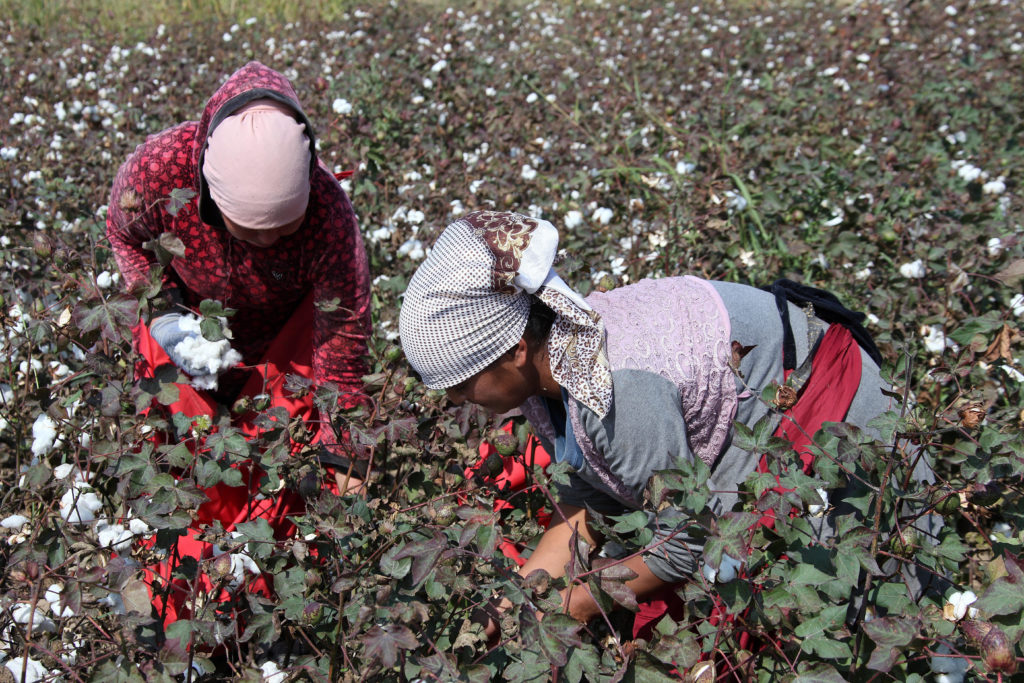TASHKENT
Russia’s Gazprombank has signed two bilateral cooperation agreements with Ferkensco Management Ltd, an international company registered in Cyprus, to finance the construction of two major chemical fertiliser plants in Uzbekistan.
The financial details of the cooperation between Ferkensco and Gazprombank have not yet been disclosed, though Ferkensco will implement both projects. The agreements were signed at the Annual Economic Forum in St. Petersburg.
“Attracting such reliable international partners, such as Gazprombank, allows us to translate our goals into reality,” Timur Juraev, Ferkensco’s head in Uzbekistan, said on the sidelines of the Annual Economic Forum.
The plants, both intended for the production of complex mineral fertilisers, will be built in Uzbekistan’s Syrdarya and Samarkand regions. Plans for the construction of an enrichment plant and the development of a phosphorite deposit in the Navoi region are also being discussed.
The projects mark yet another step in the opening of Uzbekistan’s economy to the outside world. Just a few years ago, the country’s closed, autarkic system viewed most foreign investments as a threat. The death in 2016 of Islam Karimov, who had led the country since before the Soviet breakup, marked a change in direction. His successor, President Shavkat Mirziyoyev, once a prime minister under Karimov, has made attracting foreign investors one of his top priorities.
Agriculture remains an important part of Uzbekistan’s economy, with exports of agricultural products contributing around 10 percent of its external earnings in 2019. The Central Asian country’s main crops are cotton and grain. Fertilizers play an essential role in the successful cultivation of both these crops.
In 2019, Ferkensco acquired Samarkandkimyo, an indebted state-owned chemical plant in the Samarkand region. The company promised to invest at least $200 million in the construction of a new chemical complex in the region and create at least 500 jobs.
Engineering surveys for the ammonia plant in the Syrdarya region were completed last year and a cooperation agreement with local authorities was signed in March 2021. Casale SA, a privately owned Swiss company, will provide a license for the technological part of the project and for the development of the plant’s basic design.
The cost of the project is estimated at $350 million. The plant is expected to produce up to 495,000 tonnes of ammonia per year and will create 300 jobs.
The chemical complex in Samarkand is expected to produce 900,000 tonnes of mineral fertilisers per year. The facility will be commissioned in 2023.

